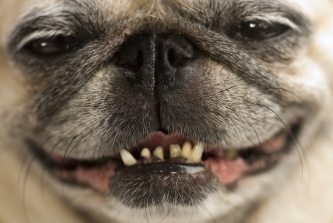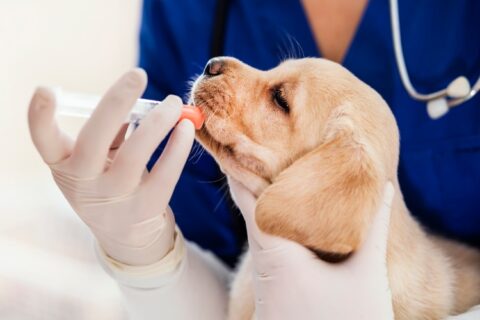Making Sure Your Dog Is in Good Dental Health

Dogs are just as susceptible to oral health issues as humans are. Visiting your vet near Campbell or Saratoga can help you keep your animal’s mouth healthy. Dental diseases put your animal at risk for complications with the heart, the liver, the kidneys, and the lung, which is why it is important to pay attention to your dog’s oral health. Keep reading to learn more about canine dental health:
Brush Your Dog’s Teeth
Brushing your dog’s teeth can significantly reduce the animal’s risk for dealing with issues like gum disease. A lot of dogs start to develop periodontal disease by the time they are 4 years old. If you regularly brush the animal’s teeth, you can prevent him from dealing with these potentially serious oral health issues.
Feed Your Dog a Healthy Diet
Nutrition is another large part of your dog’s dental health. Feeding your dog a healthy diet can help him maintain strong and healthy teeth and gums. Talk to your vet about the best kind of food to feed your dog to ensure that his mouth is as healthy as possible.
Visit the Vet for Dental Care
Your animal clinic can help you prevent dental issues for your dog. Schedule an appointment with the vet to get teeth cleaning and polishing services that help you avoid these issues. The vet can also give the animal X-rays and perform oral surgery to keep your dog’s mouth as healthy as possible. Preventative care can do a lot for your dog’s teeth and gums and gives you a better chance of keeping your animal healthy.
Look for Signs of Oral Disease
There are ways to see if your animal is having any dental health issues at home. Bad breath and inflamed gums are symptoms of periodontal disease. You should periodically smell your dog’s breath and lift up his lips to make sure there are no issues. Excessive drooling, loose teeth, and cysts beneath the tongue are also signs of periodontal disease. If you notice any of these issues, you should schedule an appointment with your vet.


